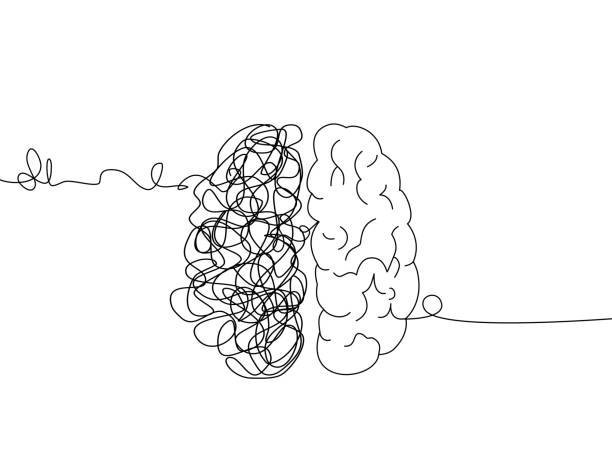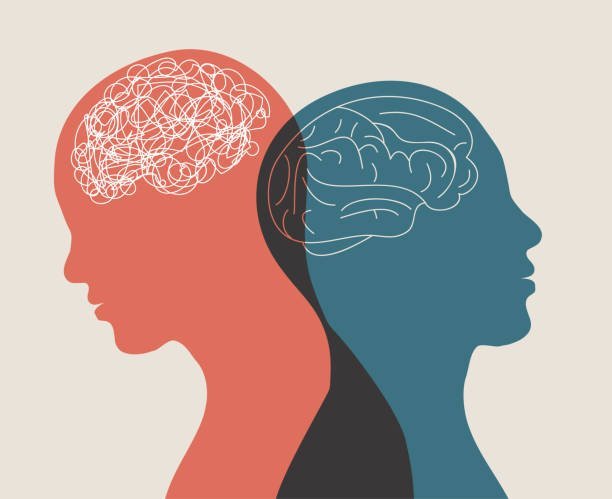How Being Psychologically Healthy Could Enable You to Make Informed Decisions About Your Personal Lifestyle Preferences

On this page, we explain how being psychologically healthy could enable you to make informed decisions about your personal lifestyle preferences.
Psychological Health and Informed Lifestyle Decisions: A South African Perspective
Psychological health is more than just the absence of mental disorders; it encompasses emotional, psychological, and social well-being. Being psychologically healthy can greatly influence one’s ability to make informed and beneficial decisions about personal lifestyle preferences. Drawing from facts, theories, and South African examples, this article elucidates how psychological well-being plays a pivotal role in lifestyle decision-making.
How being Psychologically Healthy could enable you to make Informed Decisions About your personal lifestyle preferences
Being psychologically healthy could enable you to make informed decisions about your personal lifestyle preferences in the following ways:
- Enhanced Cognitive Functioning: Better ability to evaluate pros and cons.
- Emotional Regulation: Can resist impulsive decisions driven by emotions.
- Resistance to Peer Pressure: Ability to stay true to one’s values despite external pressures.
- Improved Self-awareness: Recognize what truly aligns with personal values and desires.
- Higher Resilience: Stick to positive lifestyle choices even when faced with setbacks.
- Clearer Goal Setting: Set and pursue authentic, fulfilling personal goals.
- Better Stress Management: Choose healthier coping mechanisms rather than detrimental habits.
- Stronger Social Skills: Engage in positive social interactions and build supportive networks.
1. Understanding Psychological Health
Being psychologically healthy means having the ability to handle stress effectively, maintain fulfilling relationships, make sound decisions, and realize one’s potential.
Fact: According to the World Health Organization, mental well-being enables individuals to cope with the normal stresses of life, work productively, and make a contribution to their community.
2. The Role of Cognitive Functioning
A key aspect of psychological health is cognitive functioning—our ability to think, learn, and remember.
Theory: Jean Piaget’s theory of cognitive development sheds light on how individuals process information, make sense of the world, and, consequently, decide on actions. A psychologically healthy individual, operating at optimal cognitive function, can better evaluate the pros and cons of different lifestyle choices.
3. Emotional Regulation and Decision Making
Being able to understand and manage our emotions is a cornerstone of psychological health. Emotional intelligence, as proposed by Daniel Goleman, comprises self-awareness, self-regulation, motivation, empathy, and social skills.
Example: A South African who experiences anxiety might resort to excessive alcohol consumption as a coping mechanism. However, with sound emotional regulation, they might instead opt for healthier coping strategies, such as exercise or meditation.
4. Social Influences and Peer Pressure
Psychological health can help individuals resist detrimental social pressures.
Fact: South Africa, with its diverse cultural landscape, presents a myriad of social influences. Research indicates that peer pressure, especially among the youth, can lead to risky behaviors, such as substance abuse or unprotected sexual activity.
Theory: Albert Bandura’s Social Learning Theory posits that people learn behaviors through observation. A psychologically healthy individual can discern which behaviors are beneficial to emulate and which are not.
5. Self-awareness and Authenticity
Psychological well-being often goes hand in hand with a heightened sense of self-awareness. This self-awareness can guide individuals toward lifestyles that align with their authentic selves.
Example: A South African student, influenced by societal standards, might feel pressured to pursue a career in law or medicine. However, being psychologically healthy and self-aware, they might realize their true passion lies in arts or environmental conservation and make a choice that aligns with their personal fulfillment.
6. Resilience in the Face of Adversity
Mental resilience allows individuals to bounce back from setbacks, making it easier for them to adhere to positive lifestyle choices even in challenging situations.
Fact: Many South Africans face socio-economic challenges. A study in Cape Town found that individuals with higher psychological resilience were less likely to resort to negative coping mechanisms, such as drug or alcohol abuse.
7. The Role of Professional Counseling
In South Africa, as the awareness of mental health issues grows, so does the understanding of the benefits of counseling and therapy.
Example: A South African individual facing career-related stress might seek counseling. Through therapy, they can gain clarity on their priorities and make informed decisions about work-life balance, career shifts, or further education.
Examples illustrating various facets of psychological health
Psychological health, often used interchangeably with mental health, encompasses a wide range of attributes and behaviors. Here are some examples illustrating various facets of psychological health:
- Emotional Stability: Maria experiences a challenging day at work but is able to process her emotions, avoiding extreme mood swings or outbursts.
- Coping Mechanisms: After a tough breakup, Raj immerses himself in activities like reading, exercising, and spending time with loved ones instead of resorting to harmful behaviors.
- Self-awareness: Lisa recognizes that she feels stressed when overworked, so she schedules regular breaks and practices mindfulness to maintain her well-being.
- Optimism: Even when faced with a failed business venture, John maintains a hopeful outlook, believing he can learn from the experience and improve in the future.
- Resilience: After losing her job, Stephanie faces initial disappointment but quickly begins to strategize her next steps, showcasing her ability to bounce back from setbacks.
- Healthy Social Interactions: David prioritizes spending quality time with friends and family, building strong, positive relationships that support his mental well-being.
- Problem-solving Skills: Faced with a disagreement with a colleague, Ahmed chooses to address the issue directly and seeks a mutually beneficial solution.
- Sense of Purpose: Sophie volunteers at a local community center, feeling a strong sense of purpose and contribution to society.
- Empathy: When his friend goes through a difficult time, Alex offers a listening ear, understanding, and emotional support, showcasing his ability to empathize with others’ feelings.
- Boundaries Setting: Tina knows her limits and can say “no” when she feels overwhelmed or when something doesn’t align with her personal values.
These examples show that psychological health is multifaceted, encompassing emotional, social, and cognitive aspects of well-being.
Conclusion
Being psychologically healthy significantly impacts one’s ability to make informed decisions about their personal lifestyle. In the vibrant and diverse context of South Africa, where individuals often navigate a complex interplay of cultural, social, and economic influences, psychological well-being stands as a beacon, guiding individuals toward choices that truly resonate with their aspirations and values.






